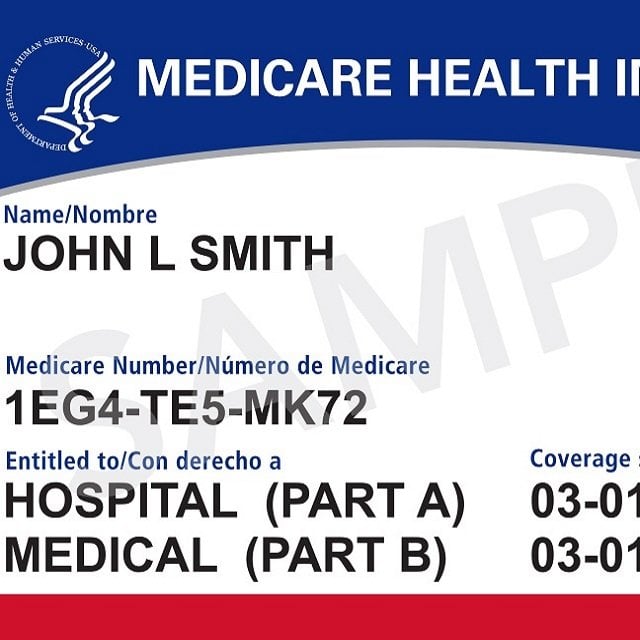COVID-19 Sped Up the Deaths of High-Cost Medicare Enrollees: Actuary

What You Need to Know
Medicare actuaries wanted to know what the COVID-19 did to current Medicare enrollee sickness level.
They’re taking hints from the catastrophic 1918 influenza pandemic, which improved the U.S. population sickness level.
One actuary says the effect of death acceleration seems to have been large.
Analysts at the Centers for Medicare and Medicaid Services believe that the COVID-19 pandemic accelerated the deaths of many older Americans who were already sick and were already on track to die within the next five years.
The death acceleration effect was big enough to account for a big drop in fee-for-service Medicare enrollees’ use of hospital services in 2022, according to Paul Spitalnic, the CMS chief actuary.
Traditional Medicare program enrollees’ inpatient spending in 2022 was 8.7% below the level projected before the pandemic began, and CMS believes that pandemic-related acceleration of the deaths of older people with underlying health problems accounted for about 3.4% of the spending gap, Spitalnic reported.
Spitalnic talked about the CMS hospital spending analysis on May 16, during a webinar the American Academy of Actuaries Health Practice Council held to brief actuaries on Medicare’s finances.
What It Means
COVID-19 has had at least three different effects that could make predicting how healthy clients will be — and how long they will live — more difficult: It has already killed some clients early; it may have directly or indirectly caused chronic health problems that will kill some clients early; and its effects on overall population healthy may mean that some clients will live longer than expected.
Actuaries
Actuaries are people who have taken classes and passed tests to show they know the math needed to analyze many different types of risk.
In the life, health and annuity sector, they helped with designing, pricing, administering and regulating health insurance, life insurance, disability insurance, pension plans, individual annuity contracts and related products and services.
The American Academy of Actuaries is a group that helps actuaries weigh in on matters involving public policy. It has about 19,500 members.
Medicare
Medicare is a federal program that provides insurance for people ages 65 and older, many people who are receiving Social Security disability insurance benefits and people who have such severe kidney disease that they’re getting kidney dialysis, kidney transplants or similar services.
The Medicare Part A hospitalization program relies mainly on payroll tax revenue, and excess payroll tax revenue stored in a trust fund, to pay for inpatient hospital services. In 2022, it spent $342 billion, according to Spitalnic.
Medicare Part B uses enrollee premium payments and government contributions to cover physician services and outpatient hospital services. It spent $437 billion in 2022.
The Part A trust fund is on track to go dry in 2031, and members of Congress and other policymakers are developing and debating proposals now for keeping the trust fund solvent.
The 1918 Influenza Pandemic
The COVID-19 pandemic has been similar in some ways to the terrible influenza pandemic of 1918, which killed about 550,000, or 0.6%, of the 100 million people who then lived in the United States.
COVID-19 has killed about 1.1 million, or 0.3%, of the 330 million people who live in the United States now.




